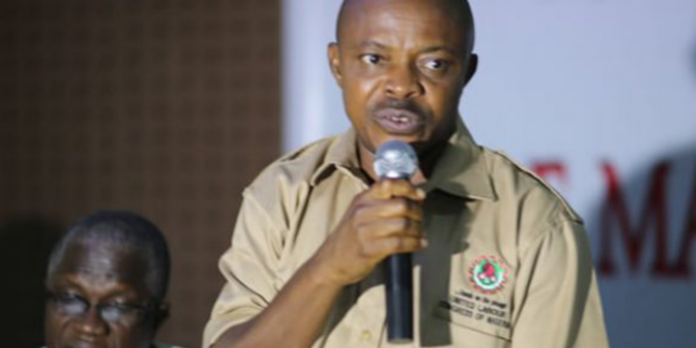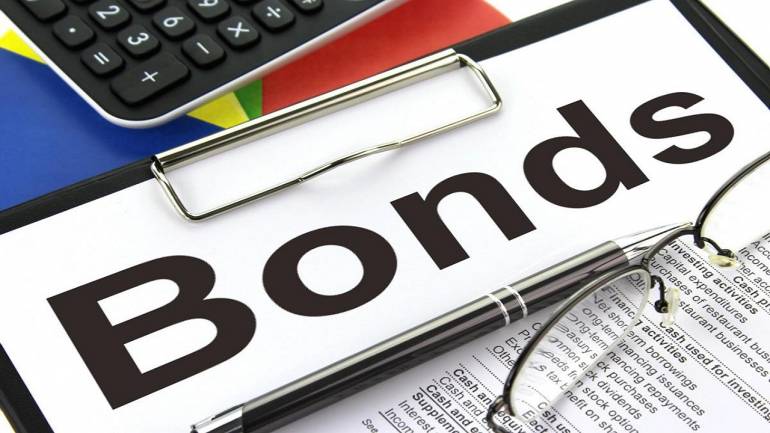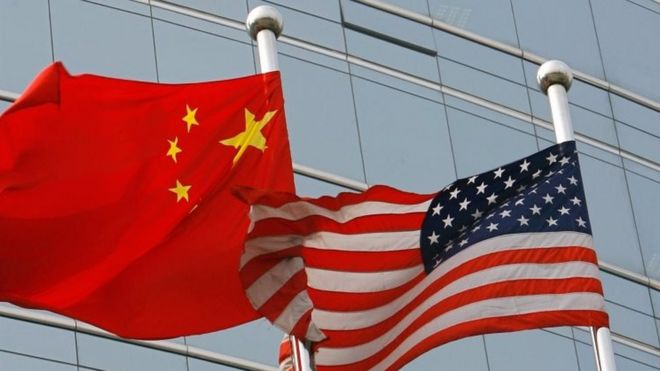The Chairman of the Nigeria Labour Congress (NLC), Joe Ajaero, criticizes the migration of electricity customers from Band A to Band B, highlighting disparities in power distribution and tariff adjustments.
Ajaero makes this assertion during an interview on Channels Television’s Politics Today, where he addresses key concerns regarding Nigeria’s electricity supply and the perceived inequalities in the tariff structure.
Ajaero describes the electricity distribution model as discriminatory, questioning the transparency and fairness of the process. He argues that customers under Band A often do not receive the promised 18-hour power supply, while some communities remain without electricity or lack awareness of their designated tariff band.
“Some communities are still without electricity, and residents do not even know their band classification. In countries targeting a 24-hour power supply, why are we still categorizing consumers into Band A and Band B?” Ajaero questions.
He also criticizes the Ministry of Power’s approach to service delivery, emphasizing that electricity consumers should only pay for the services they actually receive. “If a meter is not provided, how can customers be expected to pay ₦20,000 or ₦30,000 arbitrarily?” he states.
Ajaero highlights the lack of progress in renewable energy development, particularly the absence of solar power plants in Nigeria. He urges the government to invest in constructing new power plants, including solar and other renewable energy projects, to enhance electricity supply across the country.
The NLC Chairman calls for a nationwide approach to achieving a stable power supply, ensuring fairness in electricity tariffs, and promoting renewable energy to improve access for underserved communities.
Key Developments in Nigeria’s Power Sector
- In July 2024, several electricity distribution companies (DisCos) announce an increase in tariffs for Band A customers, setting the revised rate at ₦209.5/kWh, up from ₦206.80/kWh.
- In November 2024, Minister of Power Adebayo Adelabu states that achieving a 24-hour power supply in Nigeria requires $10 billion in private-sector investments over the next five to ten years.
- As of November 2024, Nigeria records approximately 2 million Band A customers among its 13 million registered electricity subscribers.
Ajaero continues to advocate for a transparent and equitable electricity distribution framework, stressing the importance of policy reforms that prioritize consumer rights and national energy development.













